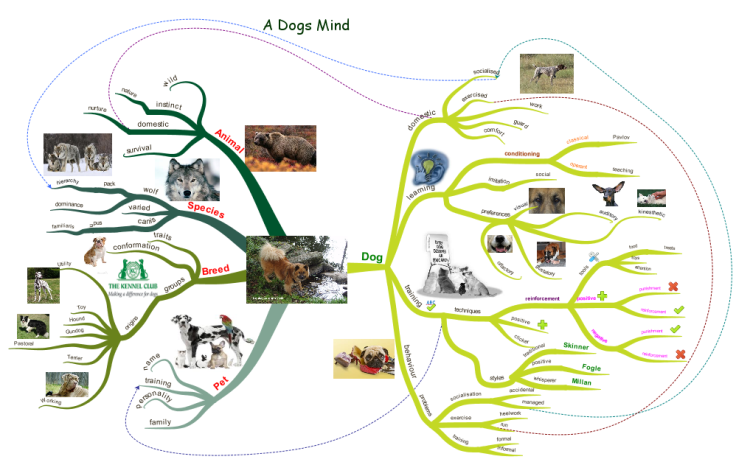Let’s face it: graduate school is hard. And sometimes you really just don’t have it in you to study when you could just be laying in bed.
I am a lazy student myself: I love to scroll on TikTok, watch Netflix, and play games as much as anyone else does! And while school can limit the amount of time you have for yourself, you can make it easier by studying smarter.
Here are 3 evidence-based tips on how to study effectively as a lazy student. Many of these come from Dr. Tawa’s course on Effective Studying Strategies for Optometry School (CLS 805), which I highly recommend for our incoming OD1s if you have the chance.
1.Sleep
I’m sure you’ve been told before how important sleep is, so I won’t get into the weeds of it. But let’s debunk the whole “you snooze, you lose” trope.
If you find yourself constantly pulling all-nighters to cram for an exam, you may want to re-evaluate your study habits. While it may feel like staying up is necessary to get through all the material, it could actually be detrimental to your performance the next day. Sleeping helps you solidify memories and improve retrieval, and losing out on any type of sleep will cause some form of impairment. I usually find that I do much worse on an exam if I didn’t get enough sleep the night before!
So, instead of staying up late, consider giving yourself ample time to go through the material and commit to getting 7-8 hours every night. Even if you don’t feel like you did as much as you wanted to, it’s probably not worth it to sacrifice your sleep– so give yourself a pass, and let yourself go to bed!
2. Study Actively to Study Less
Everyone has their preferred study style. But whatever you do, don’t spend all your time rereading and/or rewriting your notes. This can be time-consuming and may not be the best way to ensure that information reaches your long-term memory. Study efficiently to maximize your free time!
According to the Google AI definition, “Active Studying” is “about interacting with information, processing it deeply, and actively recalling it to improve understanding and retention.” What counts as active studying? Think mind maps, flashcards (I use RemNote!), drawing diagrams, making charts, or creating your own practice questions. All of these methods, while they do require deeper thinking, will ultimately save you time in the long run. I personally love to draw my own diagrams (especially for Anatomy and Neurophysiology!) because I can create a meaningful visual that I can refer to quickly if I need to review it. Get creative with it, and you’ll find that you’ll even enjoy the process too.
3. Engage Your "Diffuse Brain"
Have you ever been frustrated with a difficult math problem, only to come back to it a few hours later with your “aha!” moment? That is an example of your “diffuse brain” at work.
I was first introduced to our “diffuse mode” of learning in Dr. Tawa’s class. Basically, there are 2 “modes” of thinking and learning: the Focused Mode and the Diffuse Mode. Your focused mode is what you default to when you are studying or performing a particular task. By contrast, your diffuse mode kicks in when you are engaged in relatively mindless activities, like washing the dishes or taking a walk. When in a diffuse mode, the brain is able to generate new neural pathways and connect thoughts and ideas in ways that cannot be achieved in the focused mode.
To engage your "diffuse brain", you can try:
- Taking breaks! This is the basis of the Pomodoro Technique. You can have short breaks, or you may take longer breaks between study sessions to exercise or run errands. This allows your brain to generate new neural connections to the memories it just formed.
- Beginning a difficult problem before dinner so that the diffuse mode can “work in the background” while you eat. You’d be surprised how quickly you can find a solution after your brain has had time to digest it!
- Interleaving your practice by jumping from one subject to another – this is great when you’re in a pinch and don’t feel like you have the time to take a “real” break! I like to think that my brain is still processing the information I just studied while I start studying a new topic
And that’s all for now! As a reminder, there is never a one-size-fits-all approach to learning, so I highly encourage you to take the time to reflect on habits that work well with you and things that may need some adjustments. Don’t be discouraged if things feel overwhelming. It’s okay if all you want to do some days is lay in bed! Just remember to get up every so often. :)
Sincerely,
Janet Nguy | SCCO Class of 2028



